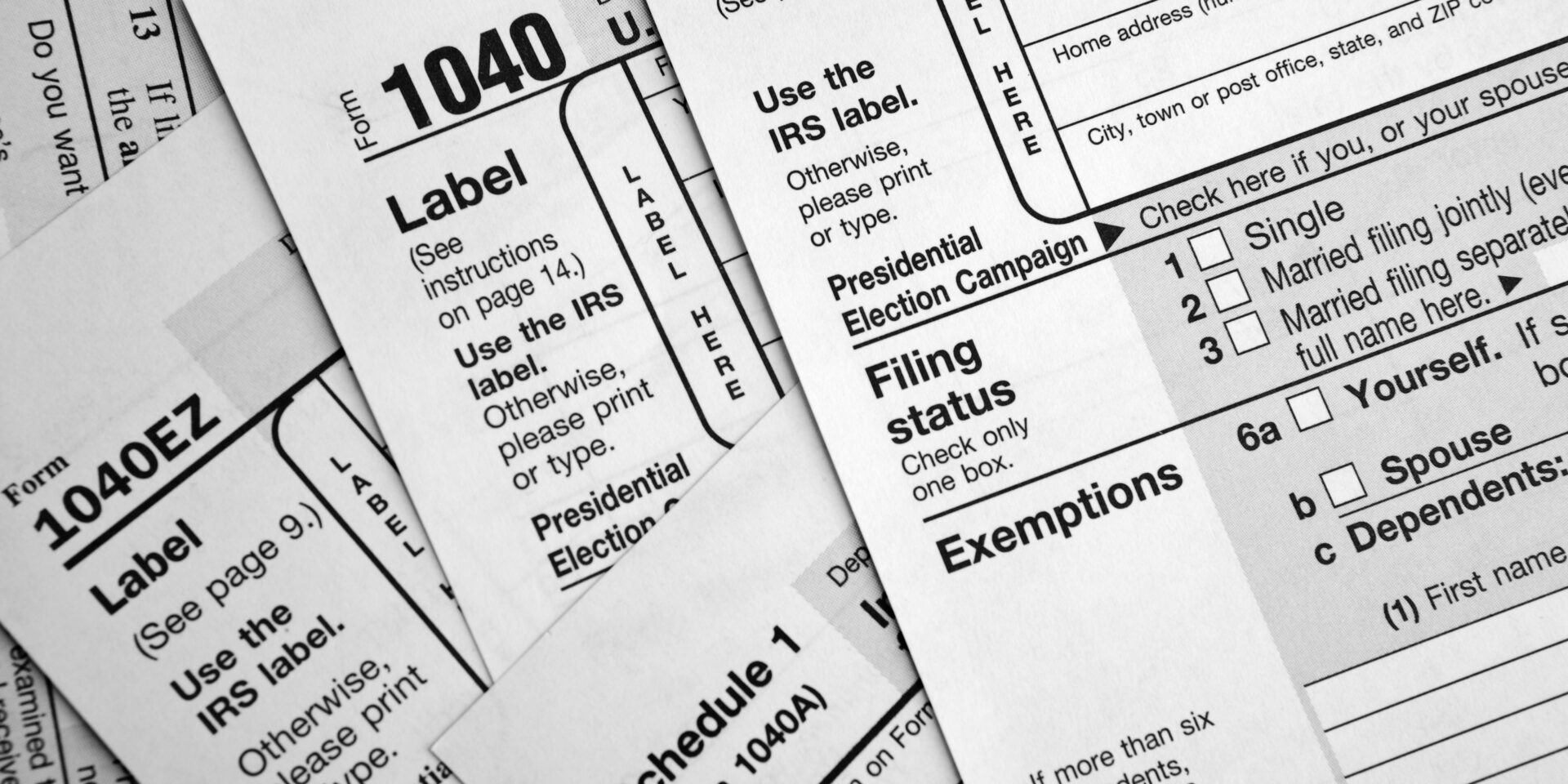Language:
How to Start a Business in Georgia

With a thriving economy and business-friendly regulations, Georgia is an ideal state to start a business. But the legal complications that come with starting a business can be overwhelming.
This article will give you an overview of the steps to starting a business in Georgia.
You’ll learn all about writing a business plan, choosing a business structure, and marketing your business.
Read on to learn more about starting your own business in the Peach State.
7 Steps to Starting a Business in Georgia
We have outlined six essential steps to help you start a successful business in Georgia. From selecting the appropriate legal structure to obtaining the required licenses and permits, these steps provide you with a clear roadmap to get your business up and running.
1. Research the Business Environment in Georgia
The first step to starting a business in Georgia is researching the local business environment. This involves conducting market research and finding out what type of business you want to start.
It’s also important to learn about the regulations and laws that apply to businesses in Georgia and to understand the local economy.
This information can help you make informed decisions about the viability of your business idea and develop a strong marketing strategy.
With thorough research, you can identify potential setbacks and challenges you may face, as you develop your game plan while staying legally compliant.
2. Develop a Business Plan
The second step to starting a business in Georgia is to develop a business plan.
A business plan typically includes:
- An executive summary
- Company overview
- Market analysis
- Description of products or services
- Marketing and sales strategy
- Financial projections
These are the fundamentals of a business strategy. Due to the competitive landscape of any business/industry these days, actively learning new strategies and continually striving to innovate is highly suggested.
3. Decide on the Type of Business Entity
Deciding on the type of business entity is a critical step when starting a business in Georgia. This decision impacts the legal structure of the business, tax obligations, and personal liability.
These legal procedures will depend on which business formation you choose and the nature of your business operations.
In this section, we will cover the main types of business structures, their pros and cons, and the application process.
Sole Proprietorship
A sole proprietorship is the simplest form of business and is run by one individual. This business structure is typically the easiest to start and maintain with little overhead costs.
Advantages:
- Simple and inexpensive to set up and maintain
- Owner has complete control over the business
- Business income is reported on the owner’s personal tax return
Disadvantages:
- Owner has unlimited personal liability for the business’s debts and legal issues
- May be difficult to raise capital
- Limited opportunities for tax planning and benefits
Application Process
- Choose a business name and ensure it is available in Georgia
- Register the business name with the Clerk of Superior Court in the county where the business will operate
- Obtain any necessary local licenses and permits
- Apply for an EIN (Employer Identification Number) with the IRS (Internal Revenue Service) if the business will have employees
- Choose a North American Industry Classification System (NAICS) code
- Register for any state business-type taxes
General Partnership
A general partnership is an unincorporated business entity that is owned and operated by two or more individuals. Each partner has equal control over the business and shares all profits as well as personal liability for the business’s debts and legal issues.
Advantages:
- Simple and inexpensive to set up and maintain
- Partners can share in the management of the business
- Business income is reported on the partners’ personal tax returns
Disadvantages:
- Partners have unlimited personal liability for the business’s debts and legal issues
- May be difficult to raise capital
- Limited opportunities for tax planning and benefits
Application Process
- Choose a unique business name and ensure it is available in Georgia
- Register the business name with the Clerk of Superior Court in the county where the business will operate
- Obtain any necessary local licenses and permits
- Apply for an EIN or FEIN with the IRS (Internal Revenue Service) if the partnership will have employees
- Choose a North American Industry Classification System (NAICS) code
- Register for any state business-type taxes
The members in a general partnership must also have a written partnership agreement that outlines the terms of the partnership, including the division of profits and losses, the rights and responsibilities of each partner, and the process for admitting and removing partners.
Limited Partnership
A limited partnership is a business entity with two types of partners: general partners who manage the business and have unlimited personal liability, and limited partners who do not participate in the management and have limited personal liability for the business’s debts and legal issues.
Advantages:
- Allows for more than one owner with different levels of liability and control
- Limited partners have limited personal liability for the business’s debts and legal issues
- Business income is reported on the partners’ personal tax returns
Disadvantages:
- General partners have unlimited personal liability for the business’s debts and liabilities
- Limited partners cannot participate in management activities
- More complex and expensive to set up than a sole proprietorship
Application Process
- Choose a unique business name and ensure it is available in Georgia
- File a Certificate of Limited Partnership with the Georgia Secretary of State
- Obtain any necessary licenses and permits
- Apply for an EIN or FEIN with the IRS if the limited partnership will have employees
- Choose a North American Industry Classification System (NAICS) code
- Register for any state business-type taxes
Limited partnerships must also have a written partnership agreement that outlines the terms of the partnership and submit an annual report to the Georgia Secretary of State.
Limited Liability Company
A Limited Liability Company (LLC) is a business entity that combines the liability protection of a corporation with the flexibility and tax advantages of a partnership/sole proprietorship. Owners of an LLC are called members, and they are not personally liable for the business’s debts and legal issues.
Advantages:
- Members have limited personal liability for the business’s debts and legal issues
- Pass-through taxation allows for business income to be reported on the member’s personal tax returns
- Flexibility in management and ownership structure
Disadvantages:
- More complex to set up and maintain than other business structures
- Some states require annual fees or reports for LLCs
- Limited opportunities for raising capital compared to corporations
Application Process
- Choose a unique business name and ensure it is available in Georgia
- File Articles of Organization with the Georgia Secretary of State
- Select a registered agent
- Apply for an EIN or FEIN with the IRS if the LLC will have employees
- Choose a North American Industry Classification System (NAICS) code
- Register for any state business-type taxes
In addition to the above, LLCs must have an Operating Agreement that outlines the LLCs terms, including each member’s rights and responsibilities.
Corporation
A corporation is a separate legal entity typically owned by a group of members, known as shareholders. Corporations also offer limited liability protection for their owners and can enter into contracts and own assets.
Advantages:
- Shareholders have limited personal liability for the business’s debts and legal issues
- Corporations have more opportunities to raise capital than other business entities
- Shareholders’ personal assets are not at risk in the event of bankruptcy
Disadvantages:
- More complex and expensive to set up and maintain than a sole proprietorship or partnership
- Double taxation of corporate profits
- More stringent regulations and formalities compared to other business entities
Application Process
- Choose a unique business name and ensure it is available in Georgia
- File Articles of Incorporation with the Georgia Secretary of State
- Obtain any necessary licenses and permits
- Apply for an EIN or FEIN with the IRS if the corporation will have employees
- Choose a North American Industry Classification System (NAICS) code
- Register for any state business-type taxes
Corporations may also be required to file an annual report with the Georgia Secretary of State and pay an annual fee.
4. Open a Business Bank Account
Once you choose your business structure, the next step is to open a business account. Opening a separate business bank account helps keep business finances separate from personal finances to maintain accurate records and simplify accounting.
Business bank accounts can also help establish business credit and make it easier to apply for loans or financing in the future.
Banks may have different requirements, so having the necessary documentation, such as a business license and EIN is key when opening a business account.
You can learn more about opening a business bank account here.
5. Source and Secure Funding
When it comes to funding one’s business, it can be a challenging hurdle to secure a source of income to get the business started.
Fortunately, there are several ways to finance your business even if you have little to no money.
Some ways you can secure funding are:
- Micro Loans
- Business Loans (SBA)
- Angel Investors
- Grants
- Personal Loans
Before you spend a large sum of money, you must research thoroughly and create a plan so that you see a tangible return on investment (ROI).
If you’re applying for a loan, you must also ensure you have the proper documentation to secure funding.
6. Get Business Insurance
In the event of an accident, lawsuit, or natural disaster, you want to be confident that you won’t have to take on full responsibility for those losses.
This is why business insurance is a smart way to ensure any liabilities you may face will be protected. Without insurance, a single accident or lawsuit can result in significant financial losses that can bankrupt a business.
Some common business licenses/permits in Georgia include:
- Occupational Tax Certificate: Also known as a business license, this certificate is required for all businesses operating in Georgia
- State Business License: Certain types of businesses, such as those selling alcohol or tobacco, may require a state license
- Professional Licenses: Certain professions, such as attorneys, architects, and accountants, require a professional license to operate in Georgia
- Home Occupation Permit: If a business is operating from a home address, a home occupation permit may be required
- Health Permits: Certain types of businesses, such as restaurants and food trucks, require a health permit to operate
- Building Permits: A building permit may be required if the business will be doing any construction or renovations
Depending on your business structure and the nature of your business, the type of licenses you will need are subject to change. Always consult with your legal advisor and check local regulations for further detail.
7. Market Your Business
If you wish to see your business succeed, investing in a marketing strategy is a necessary component to see tangible results.
Below, you’ll find some of the essential ways to bolster your marketing efforts and stay competitive in your industry.
- Create a Website: A professional website can help to establish the business’s online presence and provide important information to potential customers
- Establish Social Media Profiles: Social media platforms, such as Facebook, Twitter, and Instagram, can help to promote the business and engage with customers
- Join Professional Organizations: Joining industry-specific organizations can help to connect with other professionals and potential customers, as well as provide opportunities for professional development
- Attend Networking Events: Attend local business networking events to connect with other business owners and potential customers
There are ways to market yourself with little to no money. However, an effective marketing plan requires a generous investment and consistently producing high-quality content, as well as being proactive in your social networking.
Building Your Business in Georgia From the Ground Up
Georgia can be an exciting place to start a business. The opportunities in this state are numerous and have a friendly demeanor when it comes to business regulations.
This makes it an ideal place to try your hand at being an aspiring entrepreneur.
However, it can be cumbersome to start a business in Georgia when you have little knowledge of business structure.
It requires careful planning, research, and attention to legal requirements that have the potential to get you into a lot of financial trouble if you don’t do it right.
At doola, we help manage your finances so you can focus on running your business, lifting that burden off your shoulders with our bookkeeping services.
Contact us today to get a free consultation!
FAQs
How much does it cost to start a business in Georgia?
You can start a business in Georgia with little to no money depending on the type of business you choose to pursue. However, a successful business typically requires a healthy investment to ensure the quality of your product or service.
Can Foreigners open businesses in Georgia?
Yes, you can set up your business formation online and register your business structure in Georgia. You can learn how here.
What licenses are needed to start a business in Georgia?
All business structures aside from sole proprietors are required to register their business with the Georgia Tax Center (GTC). The types of licenses you will need will depend on your business structure and how your business is operated.
Is Georgia a good state to start a business?
Georgia has a thriving economy and is known to have business-friendly regulations with reasonable taxes.
Keep reading
Start your dream business and keep it 100% compliant
Turn your dream idea into your dream business.
















